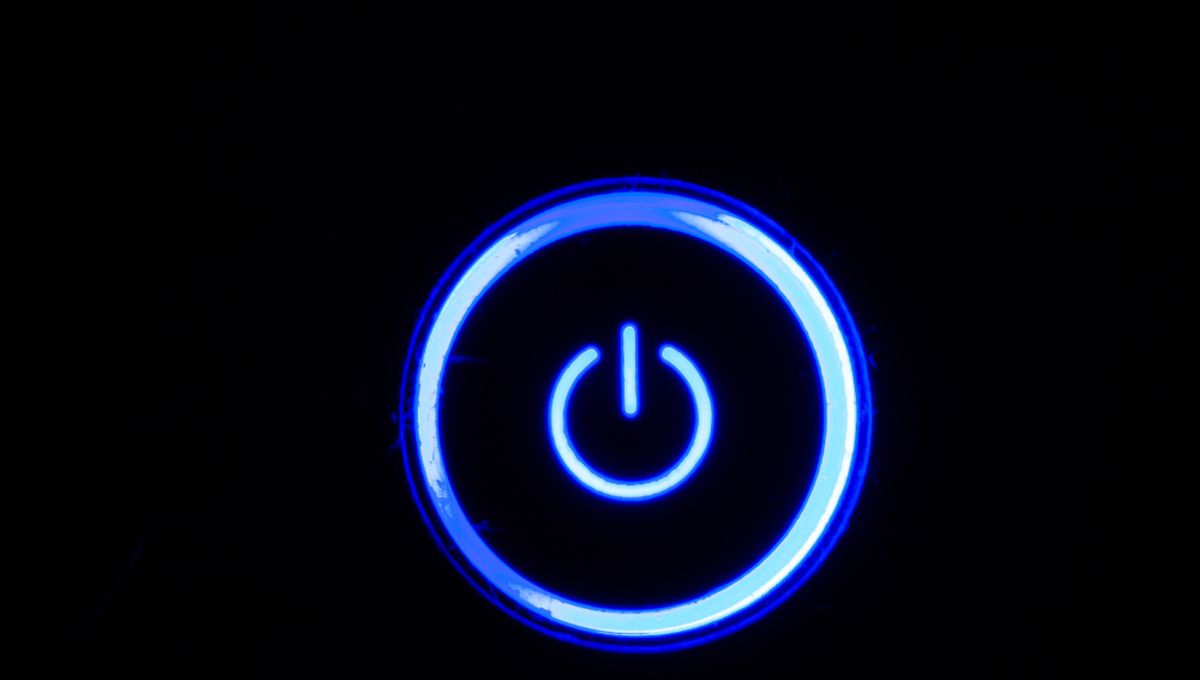
Should you turn your computer off at night, or is it fine to just slap down the laptop screen once you’re done? Like all of life’s great questions, there is no simple one-size-fits-all answer, but there are good things to know to inform your choice.
It’s estimated that just 37 percent of people shut down their computers every night, according to a poll of 1,000 Americans cited by Panda Security. It’s often assumed that it’s best practice to shut down when the day is done, as if the computer needs a good night’s rest just like the rest of us. However, it’s not always necessary to turn off your computer after each use.
Left unattended, most computers will go into “sleep mode” after a certain amount of time. Most laptops will also go into sleep mode if you close the screen, although this can be changed in your settings.
This is effectively a low-power mode that uses relatively little energy, keeping all of your files, programs, and data still gently running in the background but left on temporary pause. This means it’s quicker for you to get back to work when you hit the keyboard or wiggle the mouse. It’s also good if you want to run updates, scan for viruses, or do other activities while you’re not using your computer.
However, this does come with some drawbacks. It’s not wise to leave your computer on sleep mode if you’re connected to an unsecured network in public, as it could be more vulnerable to cyberattacks. Leaving a computer in sleep mode will also use up some electricity – something to consider if you’re keeping a close eye on bills. Speaking of electricity, you may also want to invest in a surge protector, which will protect the computer from power spikes that could damage its components.
Completely turning off your computer occasionally is also worthwhile as it clears the RAM, which will help it operate more smoothly.
Another factor to consider is how often you will be turning it on. Switching on a computer takes a fair amount of energy and (some argue) this surge can put a strain on the system, potentially decreasing the lifespan of the computer. This is why some experts recommend that frequently used computers should only be powered on and off once per day at most, and a full shutdown should only be put into action when the computer will not be used for an extended period of time.
“It depends on how often you use it,” said Steven Leslie, Geek Squad agent, speaking to Digital Trends. “If you use your computer multiple times per day, it’s best to leave it on. If you use it for a short time — say an hour or two — just once a day, or even less, then turn it off.”
“Leaving a computer on all the time is less stressful than turning it off and on several times a day — but it is constant stress,” added Leslie.
Altogether, the question boils down to how you personally use your computer. As a general rule, leaving your computer on for days at a time won’t bring it any harm if you’re regularly using your laptop, but it’s worth giving it a weekly full shutdown and taking some precautions.
An earlier version of this article was published in March 2022.
Source Link: Should You Power Off Your PC Nightly? The Truth For Optimal Computer Health